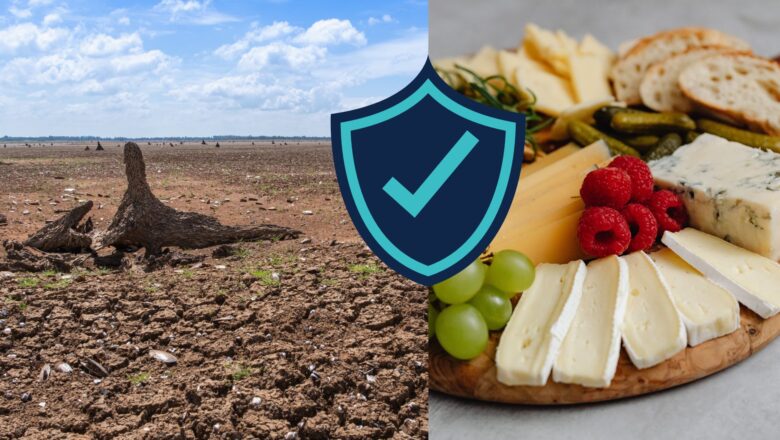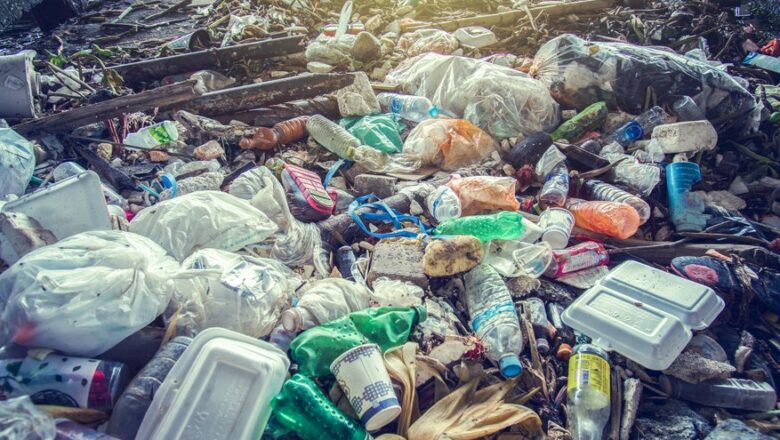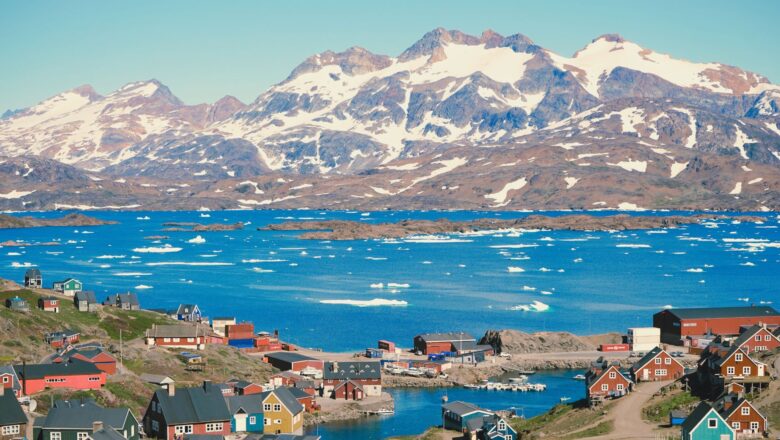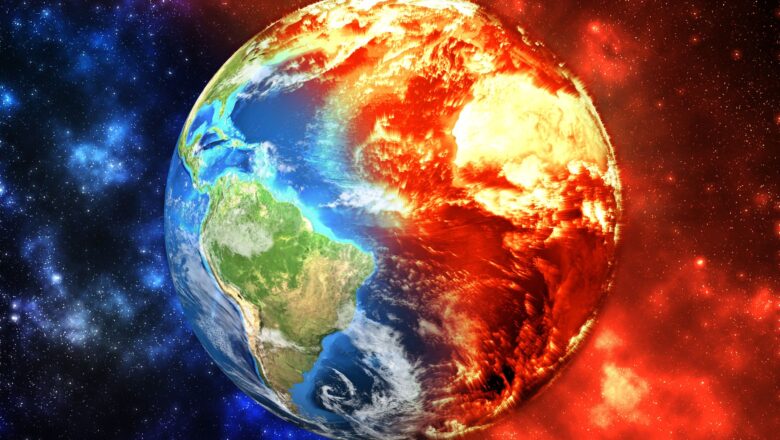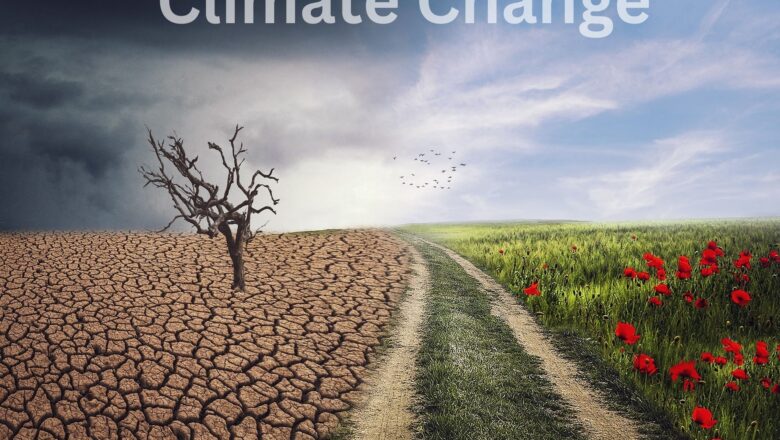
New Study Warns of Potential 1.9 Metre Sea-Level Rise by 2100 Under High Emissions Scenario
An international team of researchers from NTU Singapore and Delft University of Technology (TU Delft) in the Netherlands has projected a significant rise in global sea levels if carbon dioxide emissions continue to increase. According to their findings, published in the scientific journal Earth's Future, sea levels could rise between 0.5 and 1.9 meters by the year 2100 under a high-emission scenario. The upper limit of this range is nearly 90 centimeters higher than the latest United Nations (UN) projection, which estimates a rise of 0.6 to 1.0 meters.
This study provides a "very likely range" (indicating a 90% probability of occurrence), offering a new dimension to sea-level projections. Previously, projections from the UN's Intergovernmental Panel on Climate Change (IPCC) were based o...


